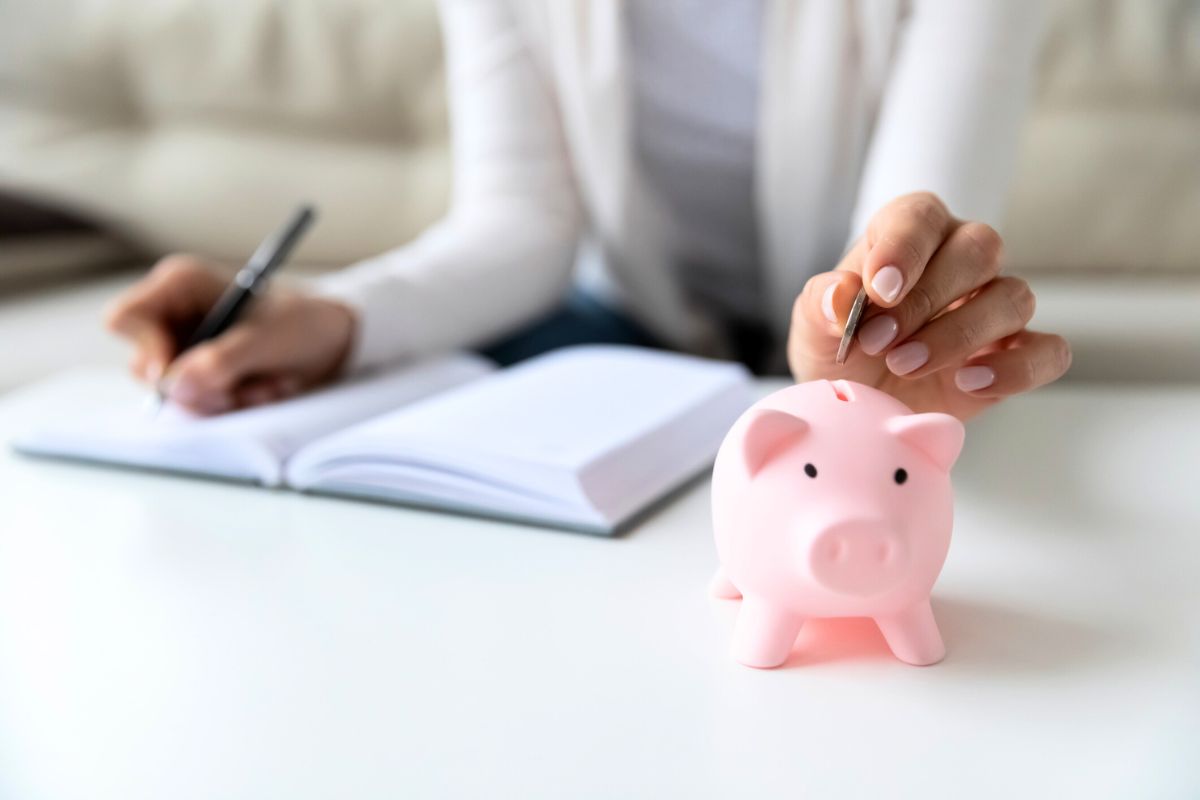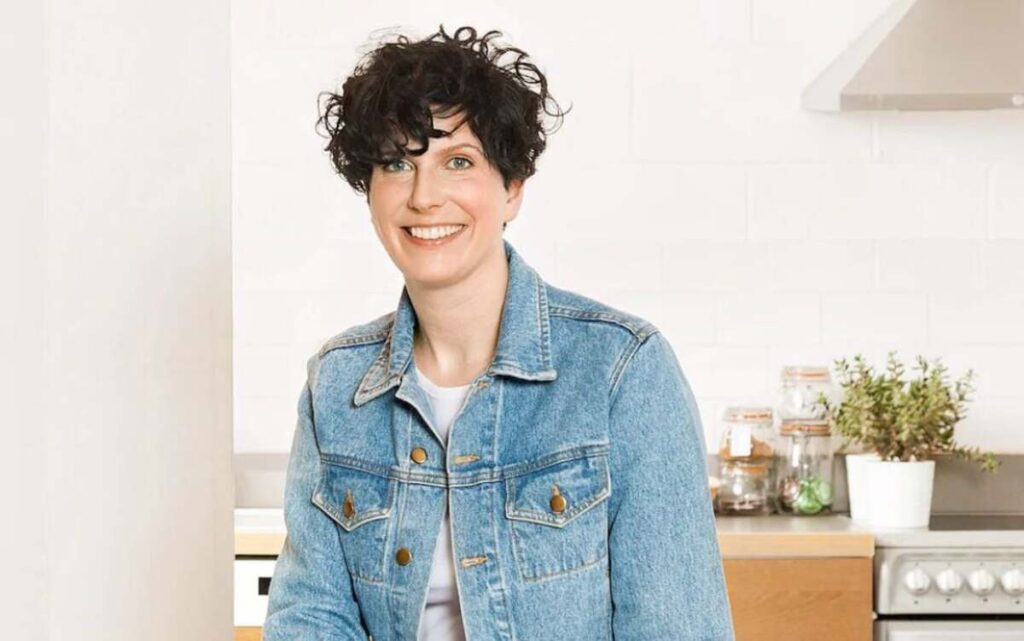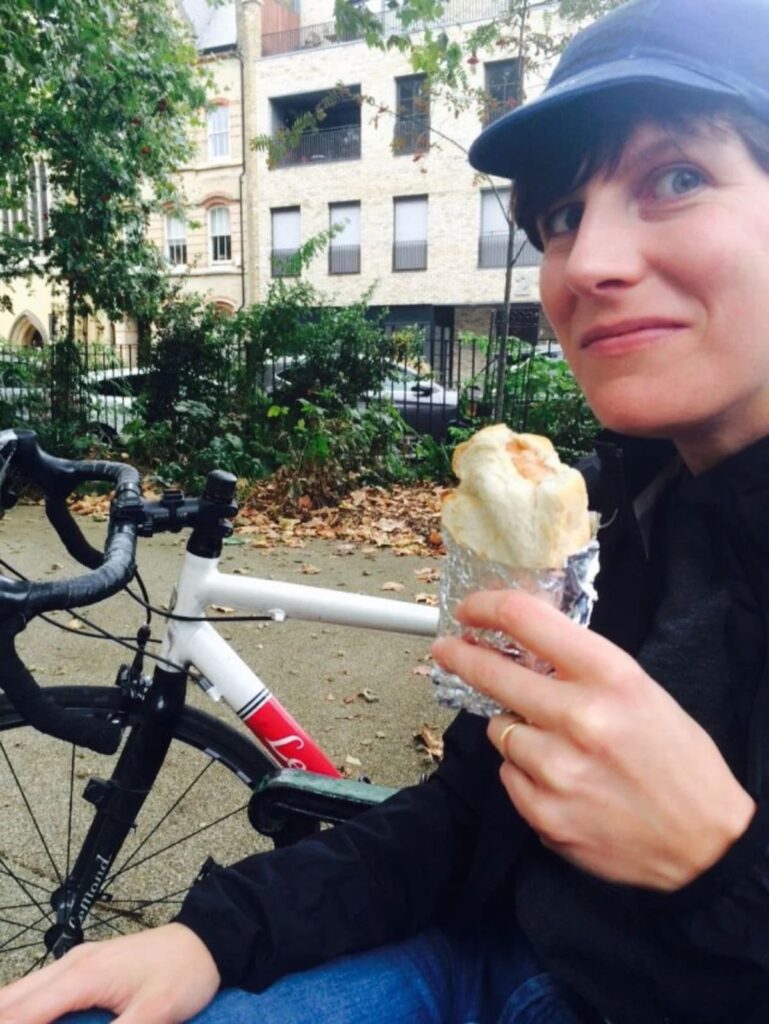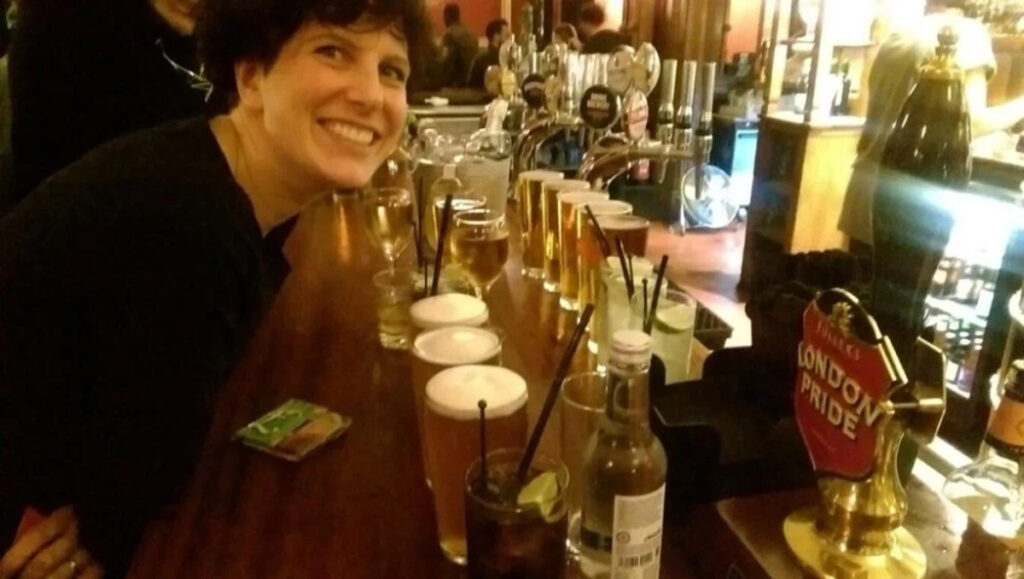
What would happen if you cut out every non-essential purchase for an entire year? For Michelle McGagh, the answer was more than just a healthier bank balance — it completely reshaped the way she thought about money, time, and what truly matters.
A radical challenge to fight overconsumption
After a decade working as a personal finance journalist in London, Michelle’s friends and colleagues assumed she was a master of money management. In reality, she admits she was just as prone as anyone else to unnecessary spending — daily coffees, meals out, impulse buys, and clothes she didn’t need.

It was during Black Friday 2015, surrounded by shopping deals and consumer hype, that she decided to take drastic action. For 12 months, she would only spend on absolute necessities. That meant her mortgage, utility bills, life insurance, charity donations, broadband, and mobile phone bills stayed on the budget list — along with basic toiletries like toothpaste and shampoo. Food for her and her husband was capped at €35 a week.

No nights out, no treats, no new clothes
Everything else was off the table. There were no cinema trips, no takeaway meals, no pints at the pub, no new outfits, no holidays, no gym membership — not even a chocolate bar or a packet of crisps from the supermarket. Sugary cereals and other non-essential snacks were also cut.

Her husband worried the challenge might be too extreme, but Michelle committed fully. She cycled everywhere, wore the same clothes until they wore out, and found free ways to spend her time. As the months went on, the savings began to stack up. She even started overpaying her mortgage, something she’d never considered before.

The results: more than just money
By the end of the year, Michelle had an extra €23,000 compared to when she started. Winter was tough, but spring brought a new appreciation for fresh air and free time. Yes, her clothes were worn and she needed a haircut, but she didn’t feel deprived — in fact, she felt empowered.
Her only exceptions? Treating friends to a round of beers one Saturday night and buying a flight to visit her grandfather. Everything else stayed within the strict rules.

Lessons from a year without spending
The experiment taught her that contentment isn’t tied to constant consumption. “I’m grateful to have disposable income to save, and I want to make the most of it,” she said, hoping her journey might inspire others to rethink their spending habits.
Michelle’s year-long commitment is a reminder that financial freedom often comes from the smallest, most consistent choices — and that sometimes, the best things in life really are free.
Loading...

